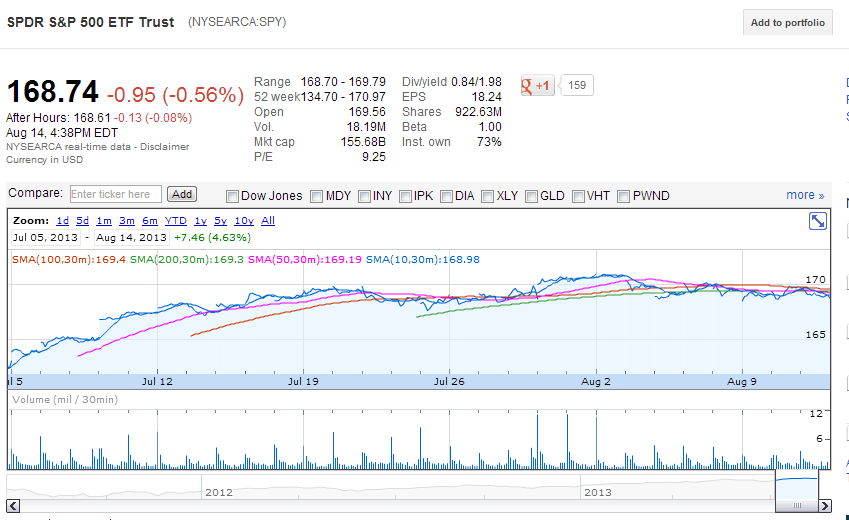Derivatives 101 All you really need to know in plain English
Post on: 22 Апрель, 2015 No Comment

A lot is being said about the derivative market: How to regulate it? Why not ban it entirely? Regulate only over-the-counter derivatives?Well, here’s a little basic information .
Derivatives are basically insurance policies. Let’s say a farmer wants to lock in the price of grain at the beginning of the year so that he’ll save money in the long run if the price of grain does go up. The derivative would be the insurance purchased on that transaction. The farmer might want to purchase this insurance, betting that he’s right. But the growth in the derivative market comes from the opportunity for anyone to purchase insurance on that same transaction.
A derivative gets its name because its value is derived from something else, typically another contract, or deal. It’s entirely unregulated and has a market of about 20 times the size of the American economy.
Financial reform proposals seek to regulate this market by bringing it out into the open.
A healthy financial future requires that we bring comprehensive reform to the over-the-counter derivatives markets. It is critically important that we bring transparency to this market and address the significant information advantage enjoyed by Wall Street, Gary Gensler, the chairman of the Commodity Futures Trading Commission said.
So, what you have is a huge betting market that is, in some cases, quite larger than the public trades. The bets can be made without any real capital as traders do not typically pay everything up front on the public market, but they do pay margins— or a portion of the trade. But in the case of derivative trading, you don’t pay any margins.

Derivative trades affect the price of a stock. Let’s say for instance, if several derivative traders started betting against the farmer, betting that the price of grain will go down over the year. Then the market reacts, and the price of grain goes down. If you extrapolate that to other transactions and publicly traded companies, you can imagine the negative effect that derivative trading can have on the marketplace.
Let’s say, for instance, that it’s not the price of grain, but a company that goes public. Derivative traders might bet wildly against it because they honestly believe the company will fail, or in order to place downward pressure on that stock, assuming other traders will follow so they can make some quick cash. Or they could bet against it in order to manipulate the price of that stock: betting on the downside, then scooping up the devalued stock later.
Both of those things frequently happen in this nebulous marketplace. If you look back at Enron, WorldCom, even Greece’s recent financial woes, they all lead back to derivatives. Derivatives are often used to falsely inflate stock values. In fact, within just about every financial scandal in the last decade, you can find a derivative to blame.
Author Martin Mayer once said that derivatives are about shifting risk to the dumbest guy in the room. But it’s not really that funny when you consider derivatives, or insurance, brought down AIG. AIG, which was basically the banking system’s insurance broker, found that when the bubble burst, they simply had more policies than capital. And in the end, American taxpayers appeared to be the dumbest guy in the room.














